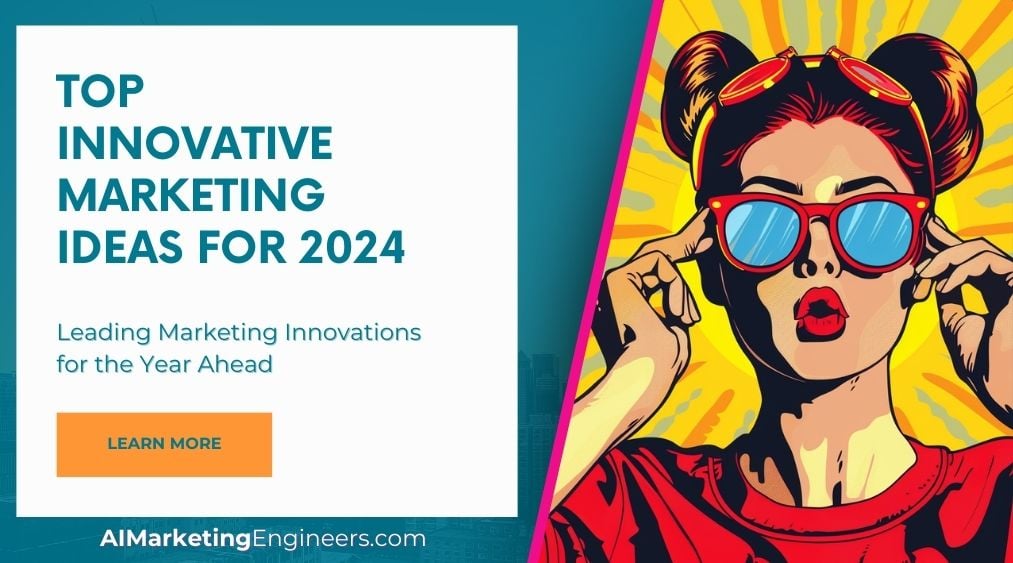Key Takeaways
✅ Innovation Drives Engagement: Pioneering approaches in marketing like the "Big Mac Swap" show that innovative campaigns have the power to drive customer engagement by refreshing traditional concepts, which can lead to increased brand loyalty and widespread media attention.
✅ Brand Risk-Taking Can Pay Off: The willingness to modify a classic product, such as McDonald's trading their iconic sauce, highlights the importance of brand risk-taking, demonstrating that consumers are receptive to change, especially when it is presented in an exciting and fresh manner.
✅ Cultural Relevance Is Key: The successful transport of the new sauce via a visible, floating billboard to Poland reflects an understanding of cultural relevance and the effectiveness of creating a tangible, noteworthy event that resonates with the target audience, thus magnifying the campaign's impact.

Introduction
Attention, marketers, and curious minds! Have you ever been spellbound by a campaign that left you clicking, sharing, or even better—buying? Interest piqued? Good, because innovation in marketing isn't just a buzzword; it's the magic behind some of the most viral campaigns of our time. Imagine a world where your favorite Big Mac is suddenly not what it used to be.
This is exactly what McDonald's did with their audacious "Big Mac Swap" campaign, stirring excitement and appetite across the globe. Desire more knowledge on out-of-the-box strategies?
In this article, we're diving into the creative depths where fearless brands have tread, showcasing the ingenious marketing campaigns that have not only caught our eye but captured our imaginations, too.
Get ready for inspiration overload because you're about to discover how these companies have set the new gold standard in captivating their audiences. And yes, Action is what we're aiming for—by the end of our journey, you'll be armed with the insights to inject innovation into your own marketing campaigns, standing out in a crowded marketplace where only the bold thrive. Welcome to the world of innovative marketing that turns the ordinary into the extraordinary!
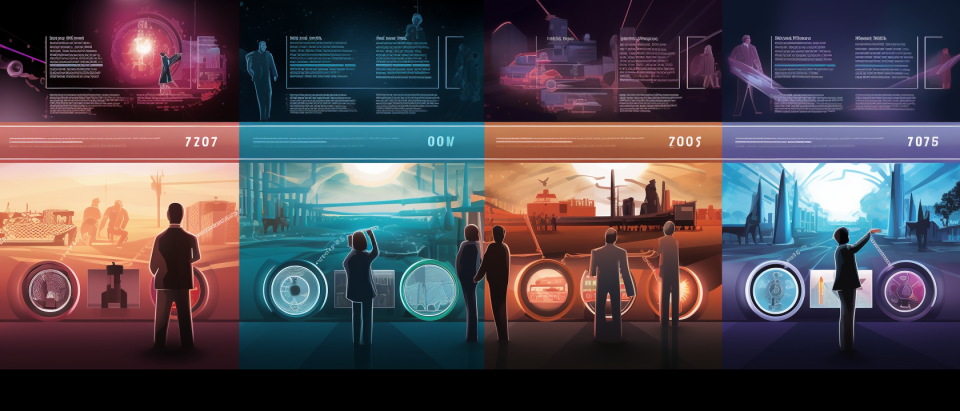
The Importance of Marketing Innovation
Marketing innovation is essential for businesses to adapt to the rapidly changing market landscape and consumer preferences. It allows companies to develop new and creative ways to engage with their audience, differentiate themselves from competitors, and deliver value in unique ways. Innovative marketing strategies can lead to increased brand awareness, customer loyalty, and ultimately, business growth.
By continuously exploring new ideas and technologies, businesses can stay ahead of trends and maintain a competitive edge in their industry. Embracing marketing innovation also fosters a culture of creativity and experimentation within an organization. It encourages teams to think outside the box, take calculated risks, and embrace change. This mindset can lead to the discovery of more effective marketing tactics and the development of breakthrough campaigns that capture the public's imagination.
In today's fast-paced business environment, the ability to innovate in marketing is not just an advantage but a necessity for long-term success.

McDonald's Big Mac Swap Campaign
The McDonald's Big Mac Swap campaign was a creative marketing initiative that invited customers to trade in any item they believed was equivalent in value to a Big Mac. This campaign generated significant buzz and engagement by encouraging people to think creatively about the value of the iconic burger. It also leveraged user-generated content, as participants shared their unique swap items on social media, further amplifying the campaign's reach and impact.
The success of the Big Mac Swap campaign demonstrates the power of innovative marketing in driving customer interaction and brand visibility. By presenting a fun and interactive challenge to consumers, McDonald's was able to strengthen its brand identity and create a memorable experience that resonated with audiences. The campaign's clever use of social media not only boosted online engagement but also translated into increased foot traffic and sales, showcasing the effectiveness of creative marketing strategies in achieving business objectives.

Strategic Approaches in Modern Marketing
Modern marketing requires a strategic approach that combines traditional methods with digital innovations. A strategic approach involves setting clear objectives, measuring performance, and continuously optimizing campaigns based on feedback and results.
Another key aspect of modern marketing is the emphasis on building authentic brand-customer relationships. This involves engaging with customers through social media, providing valuable content, and offering exceptional customer service. By fostering a sense of community and trust, businesses can create loyal brand advocates who will champion their products or services.
Competition and Marketing Differentiation
In a crowded market, differentiation is crucial for businesses to stand out and attract customers. This can be achieved through innovative product design, exceptional customer service, or a compelling brand story. By clearly communicating what makes their offering special, businesses can capture the attention of their target audience and establish a strong market position.
Effective marketing differentiation requires a deep understanding of the competitive landscape and consumer preferences. Businesses must identify their unique selling points and tailor their marketing messages to emphasize these advantages. In a competitive environment, a well-executed differentiation strategy can be the key to attracting and retaining customers.
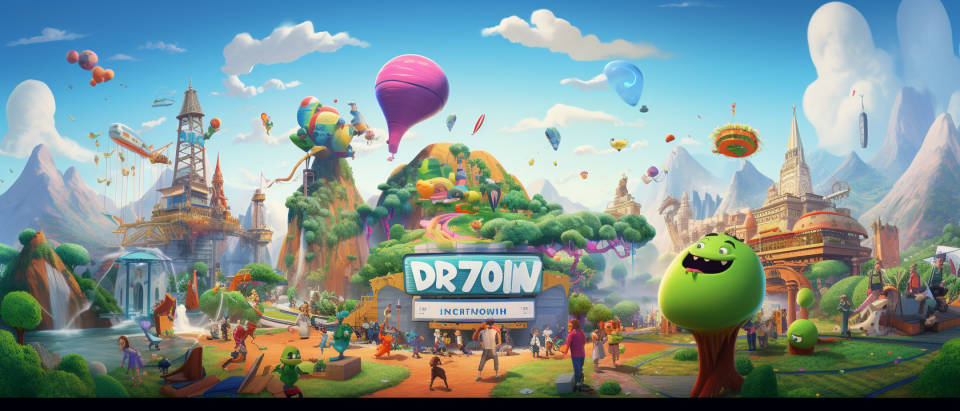
Unique Marketing Techniques and Outcomes
Unique marketing techniques can lead to outstanding outcomes by capturing the attention of consumers and creating memorable experiences. Examples include guerrilla marketing tactics that surprise and engage audiences in unconventional ways, experiential marketing events that immerse customers in the brand, and influencer partnerships that leverage the credibility and reach of popular figures.
The outcomes of unique marketing techniques can be significant, ranging from viral social media campaigns to increased customer loyalty. By thinking outside the box and experimenting with unconventional approaches, businesses can create a lasting impact and differentiate themselves in a crowded market. When done correctly, unique marketing strategies can elevate a brand's presence and drive long-term success.

To devise an innovative marketing campaign in the current competitive landscape, it's paramount to leverage the intersection of creativity, data analytics, and AI-powered technological advancements. Here are several strategies to consider when crafting a compelling campaign:
1. Personalization at Scale Using AI:
- Implement AI-driven personalization engines to deliver tailor-made content, product recommendations, and experiences to each customer segment. By using data analytics to understand purchase history, browsing behavior, and preferences, you can create highly personalized touchpoints that increase engagement and conversion rates.
2. Predictive Audience Targeting:
- Apply machine learning models to predict future buying behaviors based on historical data. Utilize this insight to segment your audience and target users with high conversion potential, reducing the cost of acquisition and increasing marketing ROI.
3. Conversational Marketing and Chatbots:
- Deploy AI-powered chatbots for real-time interactions with website visitors. These bots can guide users through the customer journey, answer queries, recommend products, and enhance overall customer service by being available 24/7.
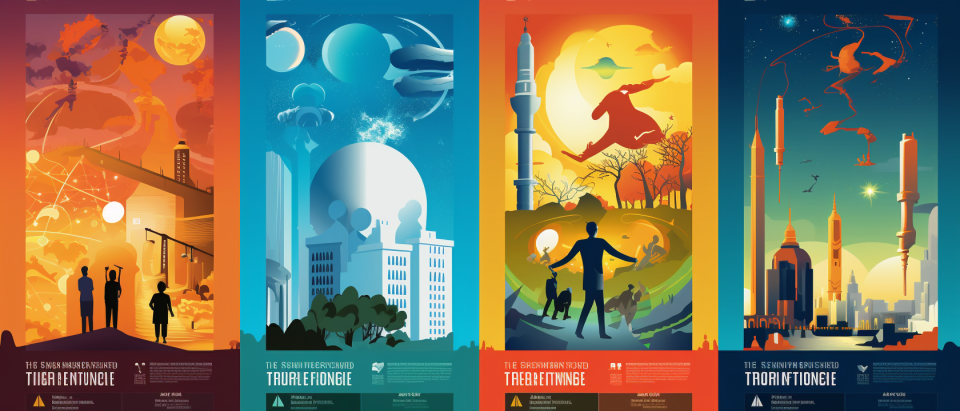
4. Social Listening and Sentiment Analysis:
- Use AI tools to monitor social media and other digital channels for brand mentions, customer feedback, and industry trends. Sentiment analysis can help you gauge public opinion, allowing for more responsive and agile marketing strategies.
5. Content Generation with AI:
- Leverage AI tools to generate engaging content that resonates with your target audience. By using natural language processing, AI can help create data-driven blog posts, social media updates, and interactive content like quizzes and polls that drive user engagement.
6. Predictive Customer Lifetime Value (CLV):
- Use an AI framework to analyze and predict the CLV of your customers. This helps in focusing resources and marketing efforts on high-value prospects and customers, maximizing long-term profitability.
7. Augmented Reality (AR) Experiences:
- Design interactive AR campaigns that allow consumers to visualize products in their environment or overlay digital information onto the real world. AR can create immersive brand experiences that drive word of mouth and social sharing.
8. AI-optimized Programmatic Advertising:
- Shift towards programmatic ad buying, which uses AI to automate and optimize real-time bidding for ads. This enables precision targeting and dynamic ad placement, making sure your marketing messages reach the right audience at the optimal time.
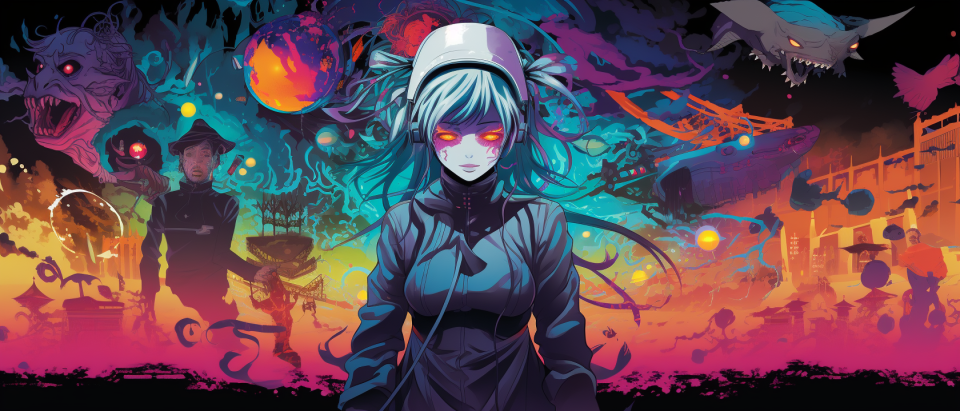
9. Omnichannel Marketing:
- Ensure a consistent and personalized experience across all channels. AI can help integrate data from different sources (online, offline, mobile, etc.) to deliver a seamless customer experience no matter where the engagement happens.
10. Data-Driven Storytelling:
- Employ advanced data analytics to uncover unique insights about your customers. Use these narratives to craft compelling marketing stories that connect emotionally and convert more effectively.
When executing these strategies, always stay abreast of the ethical considerations and privacy regulations surrounding data use. Ensuring transparency and respect for customer data will build trust and contribute to a more positive brand image.
As an AI Marketing Engineer, harnessing the power of AI, creativity, and data-driven insights can set the stage for innovative marketing campaigns that not only capture attention but also deliver tangible business results.
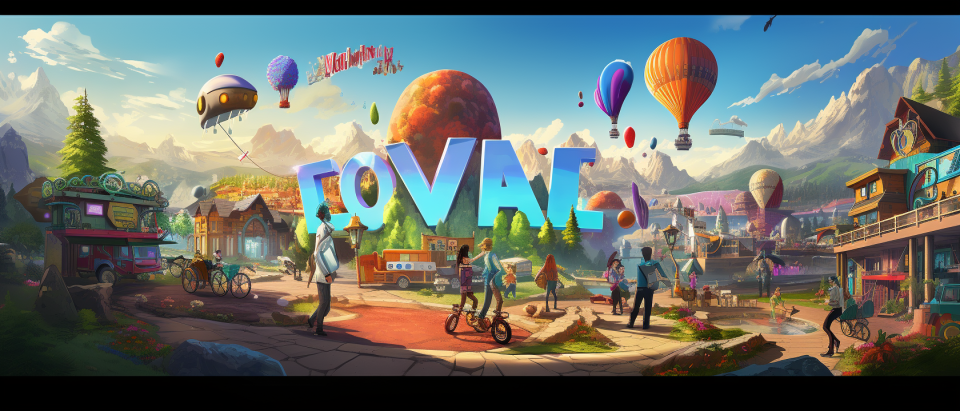
Conclusion
In the realm of modern business, the ability to innovate in marketing not only sets companies apart but also energetically engages consumers in unique and memorable experiences. The exploration of various successful marketing campaigns has illuminated the vast potential within creative strategy.
McDonald's "Big Mac Swap" campaign stands as a testament to the fact that even the most established brands can find new ways to excite and surprise their audience. By taking risks, tapping into cultural narratives, and leveraging the power of novelty, businesses can forge deeper connections with their audiences and achieve remarkable marketing success.
FAQs










